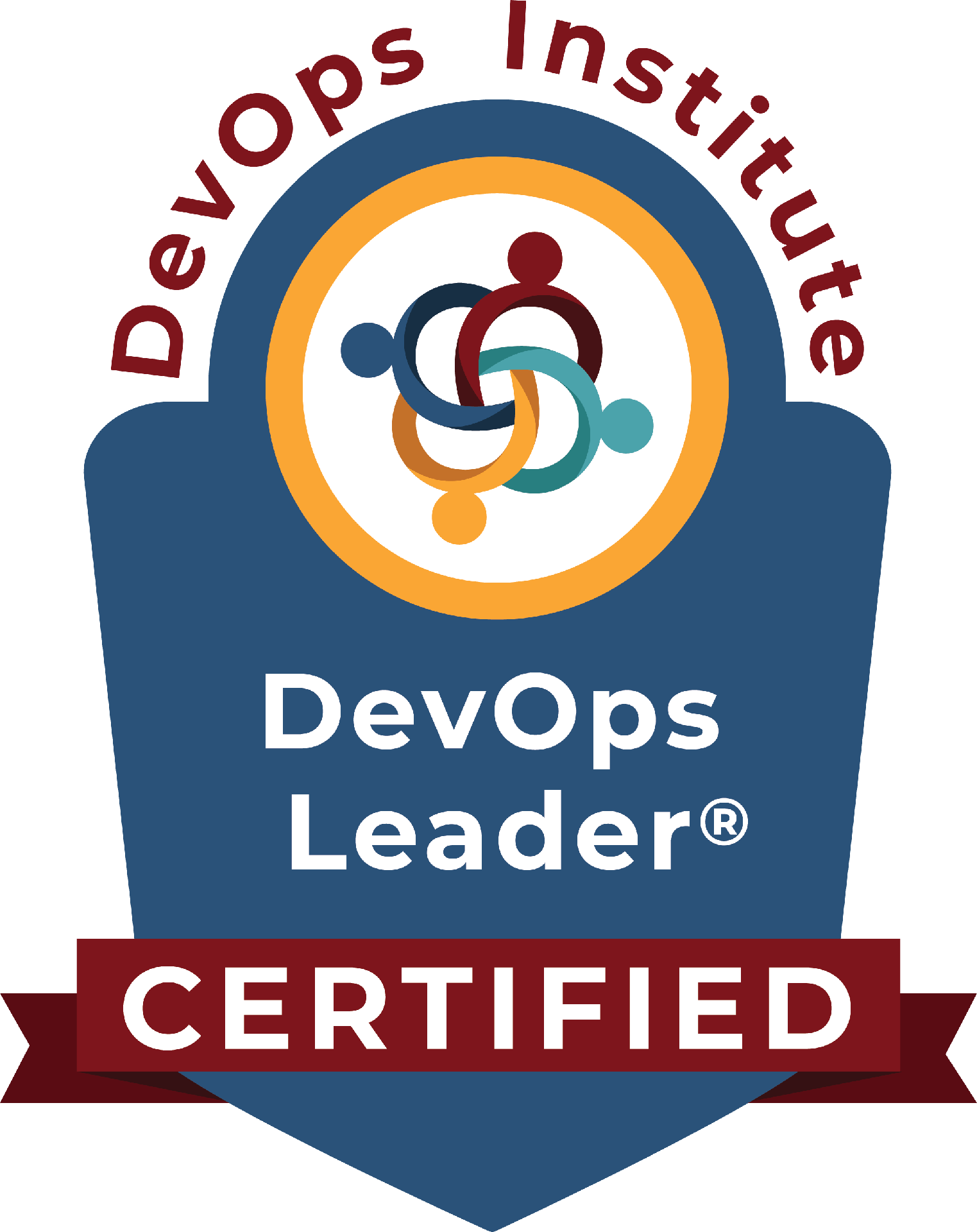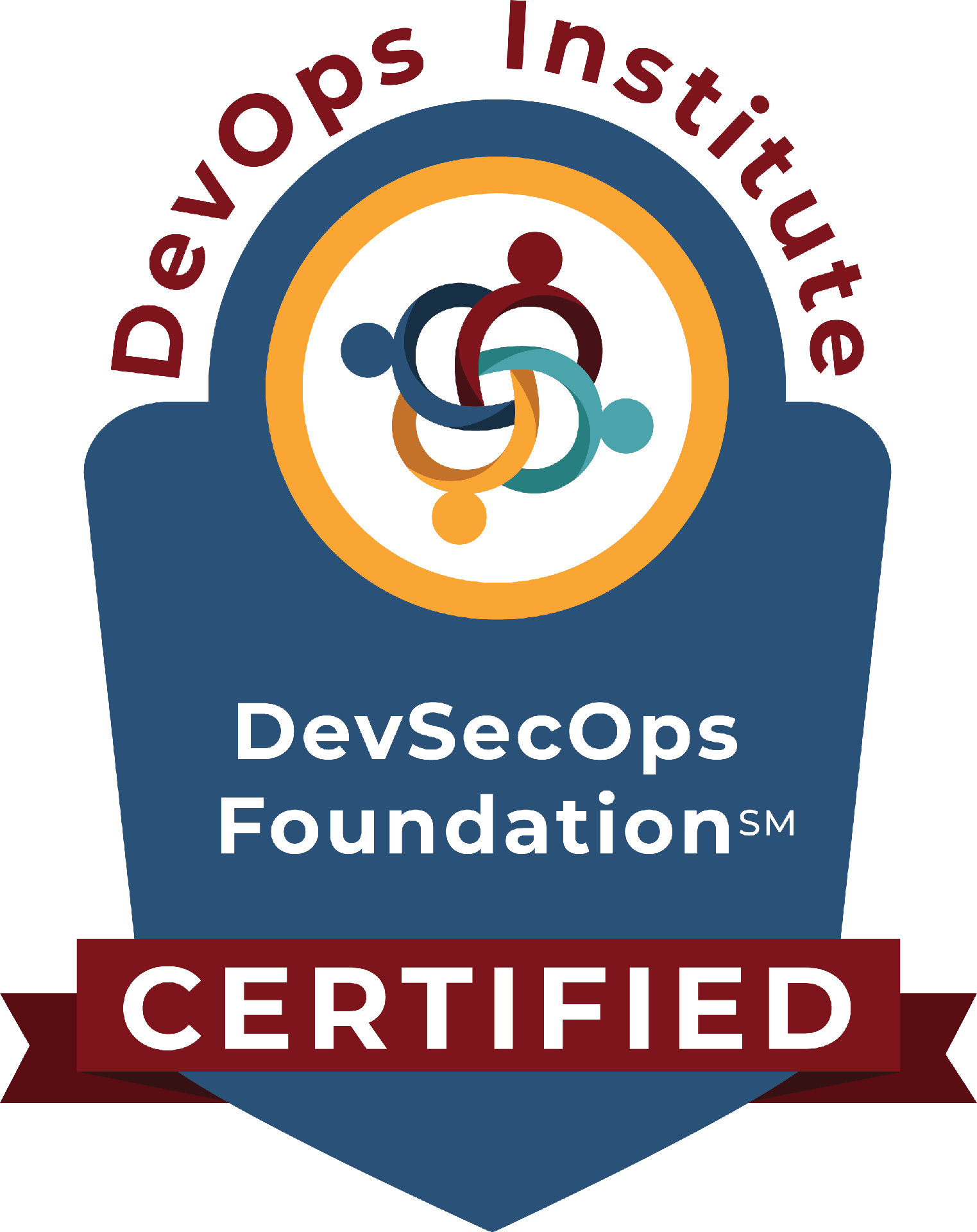
What is DevOps?
DevSecOps Foundation
Harmonizing software development and operations in a fast-changing context.
Traditionally, software and application development projects were massive efforts that took 18 to 24 months.
These projects demand a linear approach that includes requirements definition, design, development, testing and implementation activities wherein one activity can’t begin until the previous activity is complete.
This linear approach means that customer feedback is delayed until the project is complete.
Meanwhile, Operations, particularly in heavily regulated environments can be just as slow, often due to overly-rigorous methodologies, frameworks and standards coupled with bureaucracy.
As many organizations struggle to do releases every nine months, limited release windows, often over weekends that are time boxed and all projects must fit into these release windows and if a change fails, the project is further delayed until the next release window. Pushing all projects into these limited release windows results in complex and turbulent installs!
DevOps enables the following:“Imagine a world where product owners, Development, QA, IT Operations and Infosec work together, not only to help each other, but also to ensure that the overall organization succeeds.
By working towards a common goal, they enable the fast flow of planned work into production, while achieving world-class stability, reliability, availability and security.” - •'The DevOps Handbook'
While there are increasing job posting for DevOps Engineers and that the number of DevOps teams is on the rise.
DevOps is not a title or team – DevOps is not one person’s job, but everyone’s job. Both deviate from the intent of DevOps which is to improve communication and collaboration by creating yet another silo.

DevOps does not have a single source of knowledge unlike other IT frameworks. It is being built on the collective experiences and insights of multiple thought leaders and resources including conferences, books, articles, webinars, videos and enterprise experience.
This is particularly important because the DevOps touches virtually every aspect of IT – culture, automation, management, quality, HR and organizational structure. That is just too difficult to encapsulate into a single body of knowledge.
As DevOps evolved, several values where defined, namely the CALMS values:
Culture
Culture relates to the people and processes aspects of DevOps and the need to improve communication and collaboration. Without the right culture, automation attempts will be fruitless.
Automation
Tools such as release management, configuration management, and monitoring and control tools that enable automation are important aspects of DevOps.
Lean
Maximizing customer value while minimizing waste and improving flow.
Measurement
If you can’t measure, you can’t improve – a successful DevOps implementation will measure everything – people, process and technology performance
Sharing
Sharing is the feedback loopback in the CAMS cycle – creating a culture where people share ideas and problems is critical not only because it enables improved communication and collaboration but also because it helps organizations to improve


